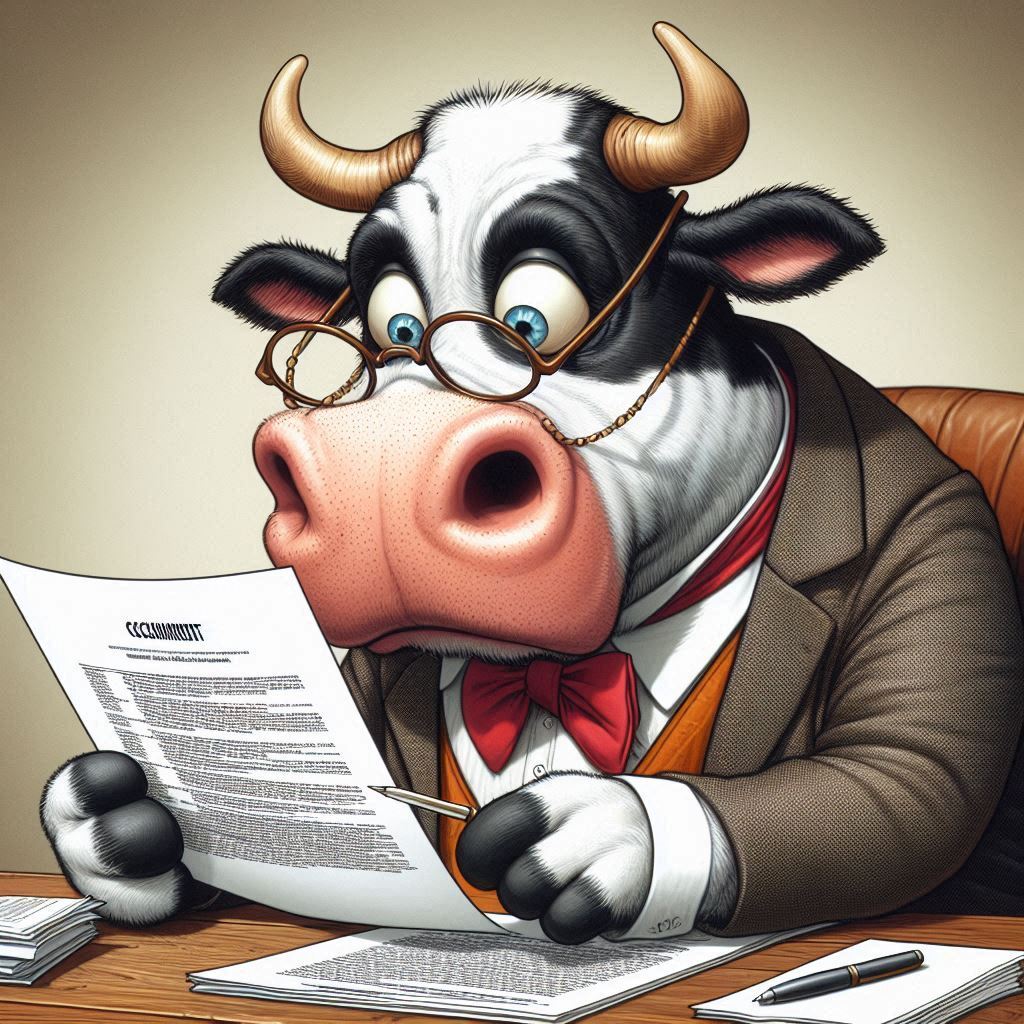The Livestock Bill As A Savior Part 2

The road to hell is paved with good intentions – Saint Bernard, 12th Century Abbot of Clairvaux, France.
Last week I started a two part series on the good news emerging out of the Livestock Bill 2024. As an extremely small time livestock farmer, I had been challenged to go and read the Bill myself instead of listening to the raging rumor mill about it. If you’re not a livestock farmer, you may want to turn to the next page as these details are about as scintillating as watching streaks of wet paint dry on a national assembly gate.
Section 4 of the Bill provides four guiding principles for its creation and lays a tantalizing framework for what the reader should expect. Firstly the Bill is guided by effective, efficient and sustainable utilization of the livestock resource base to improve livelihoods, nutrition, food security and economic development. Secondly, the Bill is guided by the need to promote an innovative, commercially oriented and modern livestock sector for global competitiveness through adoption of best practices. By now, you’re getting the gist. Good things are coming. The third guiding principle is quite a mouthful, the sustenance of biodiversity and genetic diversity in livestock resources while ensuring sound environmental management for sustainability. Finally the fourth one is where farmers whip out the champagne, because the Bill is guided by the need to provide returns on investment to livestock producers and commercial focus for livestock enterprise.
So I wet my beak and started line checking to see how this was to play out. Section 6 of the Bill cites the role of the national government in the livestock sector. 18 clauses of what the Cabinet Secretary responsible for livestock SHALL do. Essentially it is the job description of all livestock ministers since Kenya’s independence including developing strategies for conservation of rangelands to ensuring livestock food reserves and water harvesting for livestock. The Bill then says what the role of the County governments are with regards to livestock. Because all politics and headaches are local, you the farmer want to read the eight cited responsibilities which are quite comprehensive and beneficial. One such responsibility is to facilitate credit insurance for the livestock farmer which today is something that is more difficult to find than a scandal free county governor.
Another county government responsibility according to the Bill is to provide livestock extension services along the entire livestock value chain. This is where someone comes to your farm to advise on your nutrition, breeding, health and general welfare of your flock. The best one is where county governments are required to construct markets and value addition infrastructure for livestock and their products. It is also important at this juncture to state that under Section 7 (g) the county government is expected to collect all livestock data and send it to the national government. This is probably what set off the rumor mill that the government was going to tax each head of livestock. On the contrary, they just want to do a census for planning purposes. After all they are supposed to provide a strategic national reserve for livestock feed. Supposed to.
By now you have to be seeing the Livestock Canaan being described here. But wait, I did point out last week that seven existing and glorious state agencies were reborn under the Livestock Bill. The four guiding principles cited above are then brought to life through the seven already existing agencies carved off to exclusively sit in the livestock docket having previously just been chilling out somewhere in the parent ministry.
I am extending grace as I say this, because nowhere else did I find the fulfilment of the 4 guiding principles particularly the one that promised a return on investment to the livestock producer. I did however find, tucked away in the early pages a section saying what the cabinet secretary and his team MAY do to help the livestock farmer. Under Section 6 (3) they may mobilize resources and provide incentives like grants to farmer associations, they may link small scale farmers with off takers, processors and post harvest storage providers.
In summary, according to the Bill, commercial animal breeders you need to get registered and licensed. Commercial animal feed importers and manufacturers, you need to get licensed. Beekeepers, you’ve been told to look out for regulations coming to a theatre near you. The seven glorious state agencies, you now have a new accounting officer to report to at the ministry, otherwise continue operating as you were before. Livestock farmers, a job description for the livestock ministry has been documented. They shall do some things and they may do some things. All the best to you!
X: @carolmusyoka
 info@carolmusyoka.com
info@carolmusyoka.com
 carolmusyoka consultancy
carolmusyoka consultancy
 @carolmusyoka
@carolmusyoka